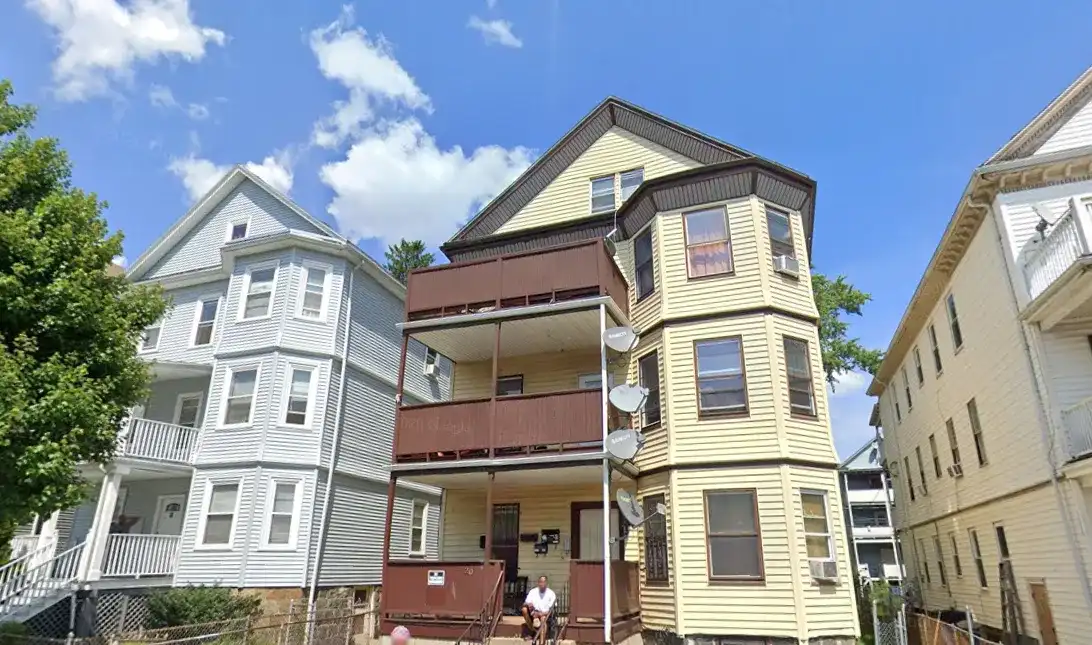
An excessive heart rate is also known to cause blood to pump through your veins faster, putting unnecessary pressure on weakened leg veins. Blood thinners are medications given to people with a high risk of dangerous levels of blood-clotting. The body needs blood to clot to prevent too much blood loss, but clotting that’s extreme can lead to blockages in arteries and blood vessels that cut off blood flow, leading to dangerous health issues.
- The subjects’ platelet levels returned to normal when alcohol consumption was discontinued.
- Healthy veins can be fleeting, though we realize it’s difficult to fathom that when you’re young.
- For example, anemia2 resulting from diminished RBC production and impaired RBC metabolism and function can cause fatigue, shortness of breath, lightheadedness, and even reduced mental capacity and abnormal heartbeats.
- Sometimes, a blood clot in a vein can occur with no apparent underlying risk factor.
DVT (Deep Vein Thrombosis) During Pregnancy
Venous thromboembolism (VTE) includes both pulmonary embolism (PE) and deep vein thrombosis (DVT), with an estimated annual incidence rate of 1–2 events per 1,000 person-years (1). Trauma, cancer, pregnancy, and surgery are the well-established risk factors for provoked VTE (2–4). Approximately 25–40% of incident VTE events are unprovoked (idiopathic) in nature (5, 6), and lifestyle characteristics e.g., lack of physical activity (7) and smoking (8) may be important risk factors. When you’re injured, blood cells called platelets rush to the injury site.

Alcohol’s Effects on the Bone Marrow and on RBC Production
Many patients also have some circulating RBC’s that contain ferritin granules called Pappenheimer bodies. The presence of these cells in the blood serves as an indicator of drug addiction sideroblastic anemia and can prompt the physician to perform a bone marrow examination to confirm the diagnosis. Another way to identify blood disorders is to perform a complete blood count (CBC), in which a machine counts all the cells within a blood sample.
Health Categories
Short-term, you can expect an increase in blood pressure and higher cortisol levels. Although alcohol thins the blood, long-term use can have a different effect. When a person drinks excessively for long periods, their risk for a stroke increases. When it comes to the health of your blood vessels, have a conversation with your doctor. Yet there are other, less risky ways to protect your arteries — for example, by eating a plant-based diet and exercising. The American Heart Association doesn’t recommend drinking alcohol solely to protect your blood vessels and improve your circulation.
Ways That Alcohol Abuse Increases Risk of Blood Clots and Cardiovascular Damage
While the mechanism behind why this happens is unclear, the theory is that this moderate consumption reduces stress reactivity in the brain. Next, studies that reported at least three levels of alcohol https://ecosoberhouse.com/ intake and corresponding VTE risk estimates were included in the dose–response analysis. For studies that only provided a range for exposures, the mid-point in each category was assigned to the corresponding RR.

When to see a doctor
If you have a high risk of developing a blood clot in your leg or have an existing one, your healthcare provider may prescribe an anticoagulant. These medications, also called blood thinners, work on your blood’s clotting factors to prevent new clots from forming and current clots from increasing in size. Anticoagulant treatment is the standard initial treatment for a leg blood clot. Blood clots are clumps of blood formed when the blood changes from a fluid to a semisolid form. Whenever you get a cut in your skin, your blood normally clots to prevent further blood loss from your body.

Alcohol’s indirect effects include nutritional deficiencies that impair the production and function of various blood cells. As Americans increasingly drink too much in the form of binge drinking, heavy drinking, or AUD, the risks of health problems increase. This is not just can alcoholism cause blood clots in legs alcohol poisoning or drunk driving, but chronic health problems like heart disease. Although some medical studies have found that moderate drinking can provide some positive blood thinning effects, reducing the risk of blood clots, drinking too much has the opposite effect. People who already suffer from blood clots should not drink alcohol at all, especially if your doctor has prescribed any blood-thinning medication.
- But if you have any of these risk factors and you also abuse alcohol, your risk for developing blood clots is even higher.
- Deep vein thrombosis signs may include swelling in the affected leg, or pain which often starts in your calf and can feel like cramping or soreness.
- Therefore, physicians should carefully estimate the risk of VTE in patients with AI.
- Spur cells are distorted RBC’s that are characterized by spikelike protrusions of their cell membrane (figure 2).
- Having too much of the popular drink boosts the number of blood platelets.
This may lower your risk for the type of strokes caused by blockages in blood vessels. Therefore, a person should not drink alcohol instead of taking blood thinning medications as a doctor has prescribed. Blood thinners may interact with alcohol as well as certain other medications, foods, and dietary supplements. For example, the NIAA advises that drinking alcohol while taking warfarin, which is a blood thinner, can have adverse effects. However, people should not consume alcohol instead of taking medications as a healthcare professional has prescribed.
- Excessive intake of alcohol contributes to numerous disease processes that affect the liver, the heart, the pancreas, and other vital organs and plays a role in the development of heart disease.
- These direct effects may be exacerbated by the presence of other alcohol-related disorders, such as liver disease and nutritional deficiencies.
- For example, a blood clot can form elsewhere in the body and travel to the heart, lungs, or brain.
In people who drink moderately, the effect of alcohol on platelets is short-lived. Therefore, a person should speak with a healthcare professional about whether it is safe for them to drink alcohol while taking medications. Additionally, the NIAA advises that studies have indicated that heavy alcohol use and AUD have links to increased surgical complications. It also suggests long-term alcohol use may increase the dose requirements for general anesthesia.

If it’s busy working on the alcohol instead of your blood thinner, the level of the drug in your blood will go up and raise your bleeding risk. Drinking alcohol can sometimes be a touchy issue between patients and doctors. But it’s a topic you should talk about with yours when you have deep vein thrombosis. The conditions that contribute to leg pain can range from fractures, muscle tears, and sprains, to long-term problems caused by osteoarthritis, peripheral neuropathy, and vascular disease. This Special Health Report is designed to help you resolve both the pain and the problem.


لا تعليق